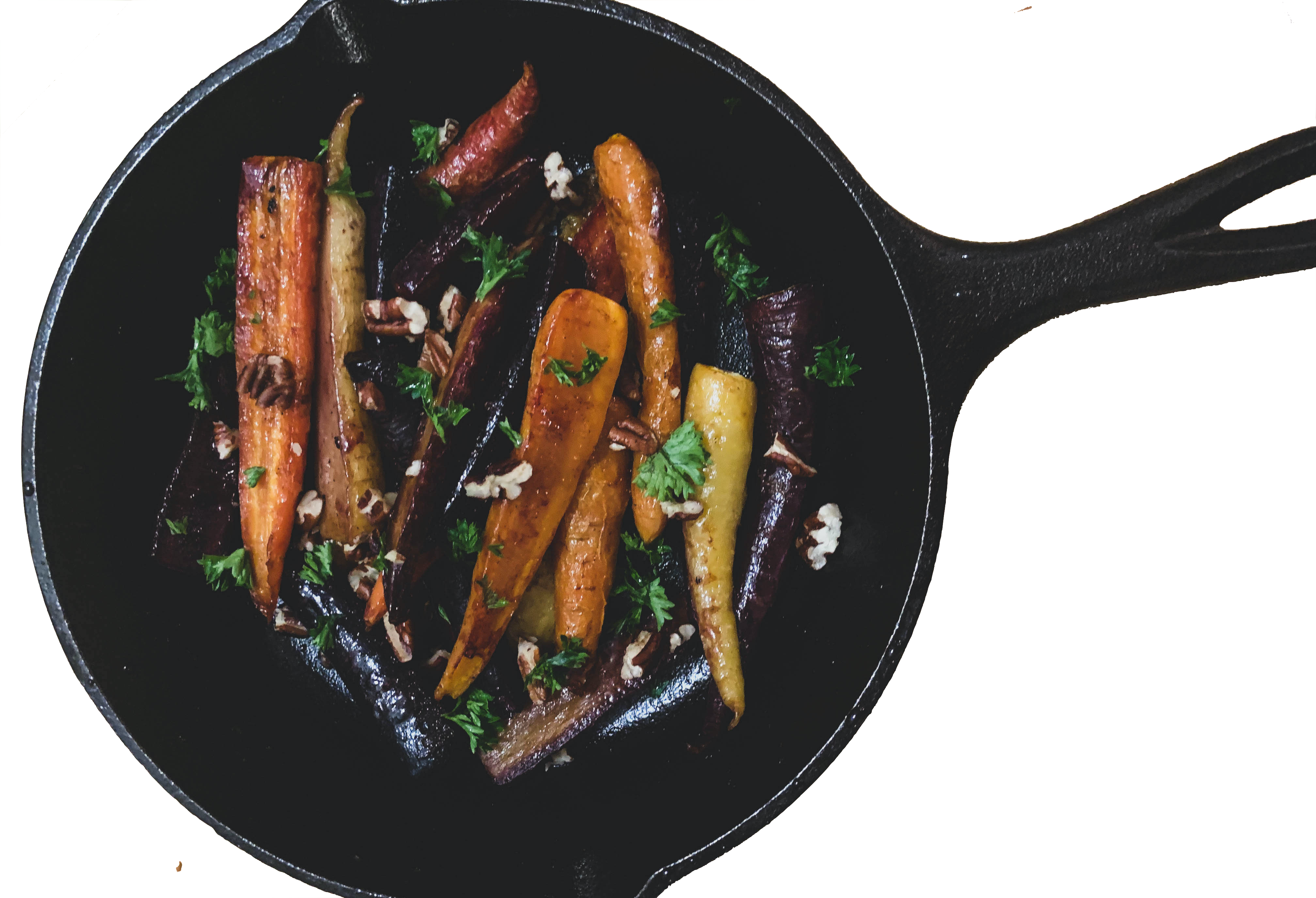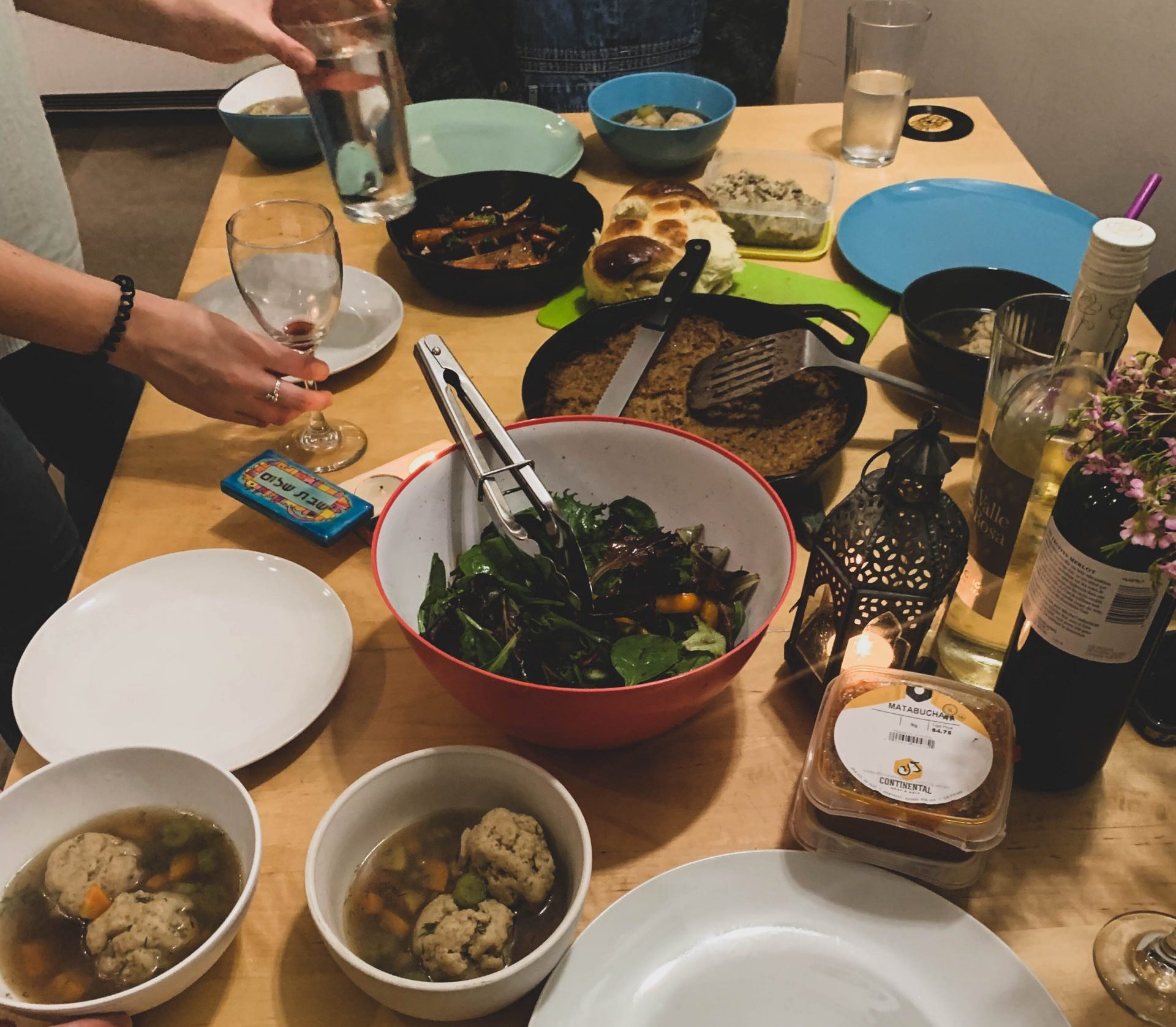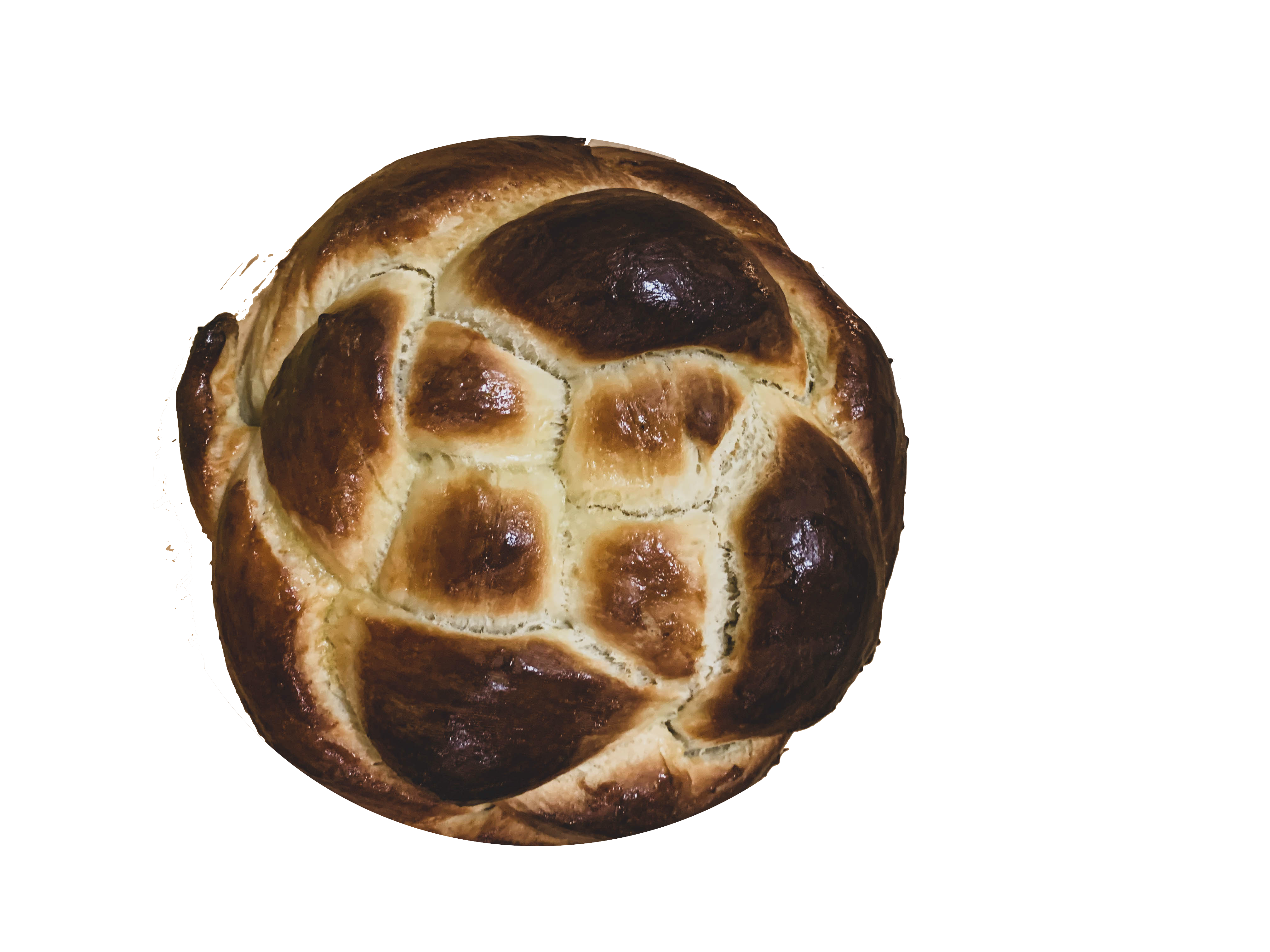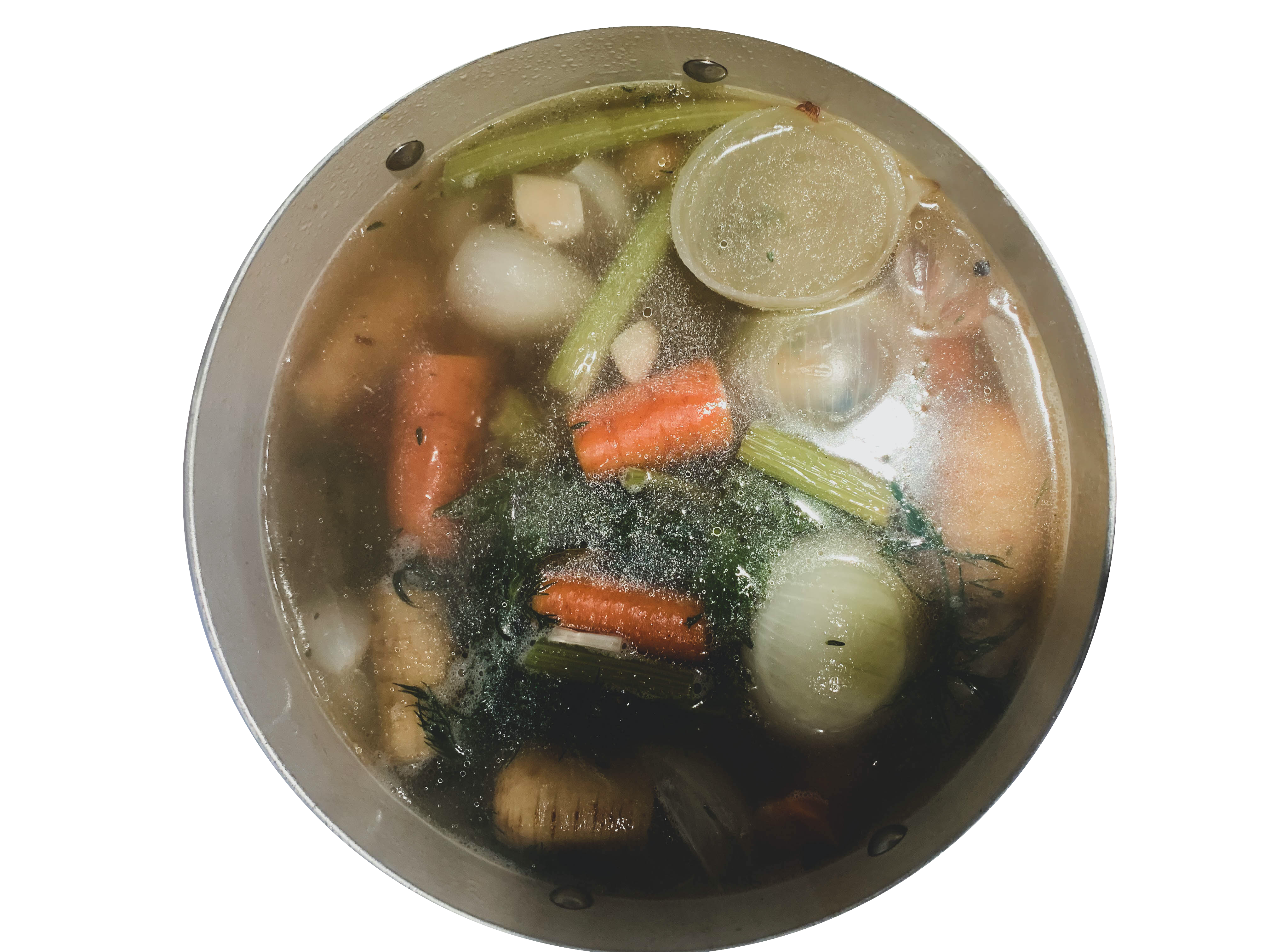Jew ish holidays are fundamentally communal activities, but with COVID, they’ve become a time to reflect on what traditions are most important to us
ish holidays are fundamentally communal activities, but with COVID, they’ve become a time to reflect on what traditions are most important to us
As the summer started to wane and the pandemic didn’t seem to be letting up anytime soon, I started to wonder how Jewish people around the world would celebrate the High Holidays.
The High Holidays are the most important weeks of the Jewish calendar. Starting with Rosh Hashanah, the Jewish New Year, and ending with Yom Kippur, the Day of Atonement, it’s a time to welcome a new year by reflecting on the past year’s transgressions and asking for forgiveness from those in your life and then, ultimately, from God.
Growing up, Rosh Hashanah meant taking the day off of school, getting dressed up, and attending synagogue with my parents. The services were long and mostly felt pretty boring at the time, minus the sprinkling of cantorial songs that would make the synagogue swell with harmonizing voices. After three long hours, the congregation would be dismissed and all the families would wish each other a “שָׁנָה טוֹבָה” (shana tova, i.e. happy new year) as they slowly made their way out of the sanctuary.
To me, the High Holidays were a fundamentally communal experience. Growing up in a small southern synagogue, it was the time for the Jewish community to connect through Torah study, Tashlich and Yom Kippur break-fast potlucks that served to, well, break our fasts. But, for obvious reasons, these traditions are more difficult this year. Even if I wasn’t separated from my childhood synagogue by over 1,000 kilometres, Rosh Hashanah would still be a fairly isolated activity — but I knew I wanted to celebrate the new year in some way.
The idea of not being able to celebrate the holidays due to COVID left me feeling helpless. Sure, there would be Zoom services, but watching Torah readings on the holiest days of the year through a laptop screen just felt a tad dystopian. Plus, if there’s one thing I know, it’s that old Jewish people and technology don’t go together well.
So the question became: how can I celebrate Rosh Hashanah in a way that is COVID-safe and fulfills my needs for spirituality and community? I thought about this for a while until one night when I had dinner with my roommate, who was discussing making her mother’s empanadas recipe for Chilean Independence Day. I loved her idea of taking a traditional food in her family and sharing it with us, her Montreal family. That’s when I decided to repay the favour, and make a Rosh Hashanah meal for our friends.
Sharing food is a big deal in Jewish culture. Between the many laws governing food preparation (Kashrut), the commandment to feed the hungry and the several holidays and festivals that rotate around a meal, Jews are very concerned with what and how we eat. Rosh Hashanah is no exception to this rule. While it isn’t as food centric as Passover and Tu BiShvat, there are still specific foods that you’re commanded to eat, such as apples and honey to ring in a “sweet” new year.
All around, I wanted to use Rosh Hashanah as a way to connect not just to my spiritual Judaism, but to my cultural Judaism as well. So, I decided to go all out with the greatest hits of Ashkenazi cuisine. Propelled by what I can only attribute to some sort of generational feminine spirit, in the span of one day I prepared matzo ball soup, potato kugel, tzimmes, a challah and honey cake. Your bubbe could never.
A few wine-toting friends arrived around 7 p.m. Surprisingly, all my dishes turned out even better than planned (which never happens to me). I recited the prayers over the candles and challah, then we sat around my small apartment table and ate, drank and talked for hours. Even though only one of my friends came from a Jewish background, that didn’t matter. To me, ringing in the new year is more about connecting with your Judaism, whatever that may look like, and surrounding yourself with those who can help you be your best self for the upcoming year.
Sharing my culture with those I care about outside of my family like I did this year wasn’t something I would have even thought to do before COVID. Yet, as annoying as so 
Hopefully, next year social distancing won’t factor so heavily into all of our actions, but at this point, there’s no way to know. What I do know now is that it’s okay if my traditions change. Change doesn’t necessarily have to mean a downgrade, just a rethinking of what is most important to me.
Photo by Aviva Majerczyk

 ish holidays are fundamentally communal activities, but with COVID, they’ve become a time to reflect on what traditions are most important to us
ish holidays are fundamentally communal activities, but with COVID, they’ve become a time to reflect on what traditions are most important to us



